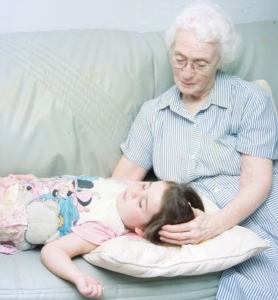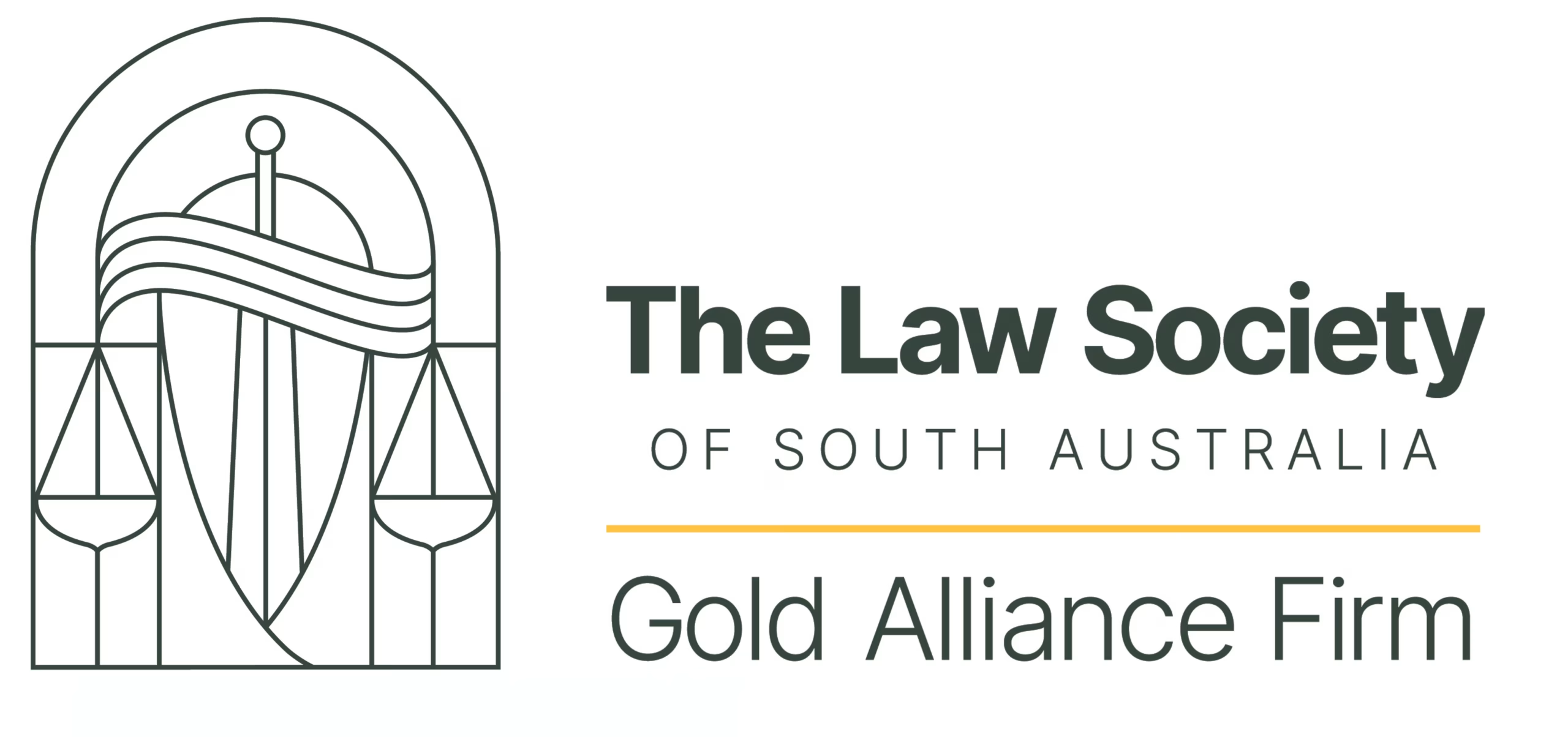
You can make a Will if you are at least 18 years old and you have legal (mental) capacity.
Making a Will allows you to set out your directions for the distribution of your estate when you die and appoint at least one person to be your executor. You may also specify your funeral wishes in your Will and specify if you wish to be buried or cremated. You can record your wishes for the guardian of your minor children and the person who will care for your pets.
Without a valid Will, the distribution of your estate is construed by the law of intestacy, as set out in the Succession Act 2023 (section 109). This method of distribution can result in your estate being inherited by someone quite unintended – perhaps someone from which you have been estranged for many years and someone you would never have chosen.
If you have never had a Will and feel overwhelmed about the process – Contact FJS Lawyers! When leaving our office, clients usually say “That was so much easier than we expected!”
At FJS Lawyers we offer a same-day service for Simple Will preparation and we can store your Will and place it on the Law Society Will Register for your peace of mind.
For further information – see the Legal Services Commission of South Australia Law Handbook Online in the Wills section.






